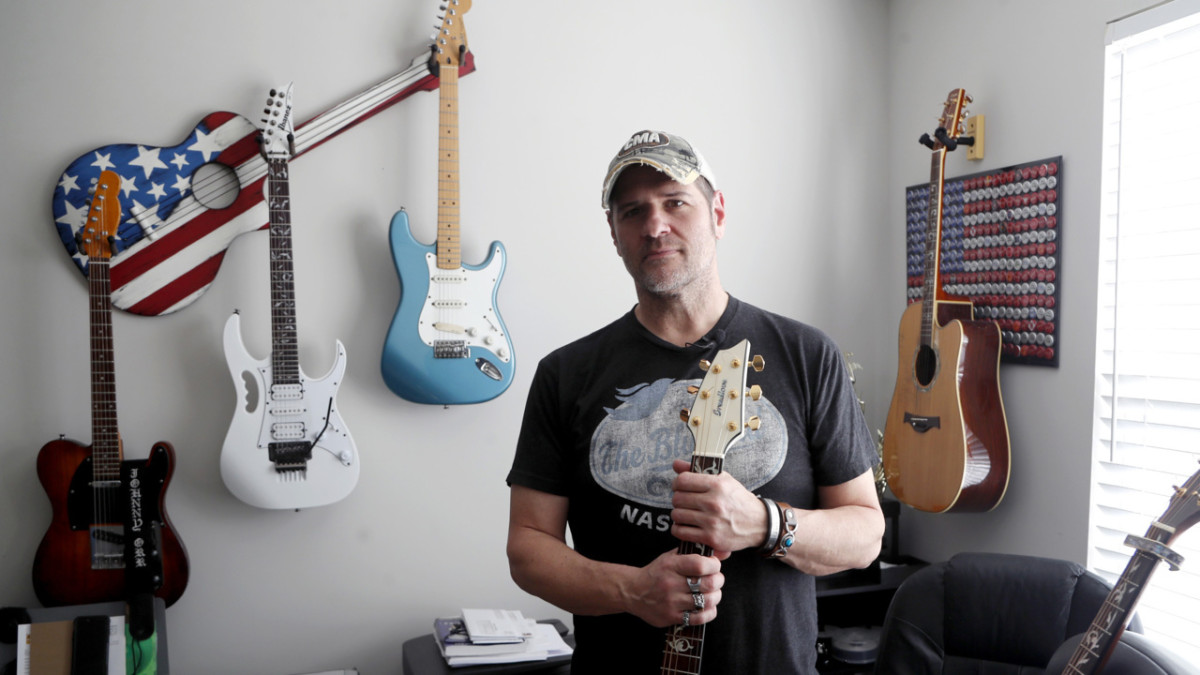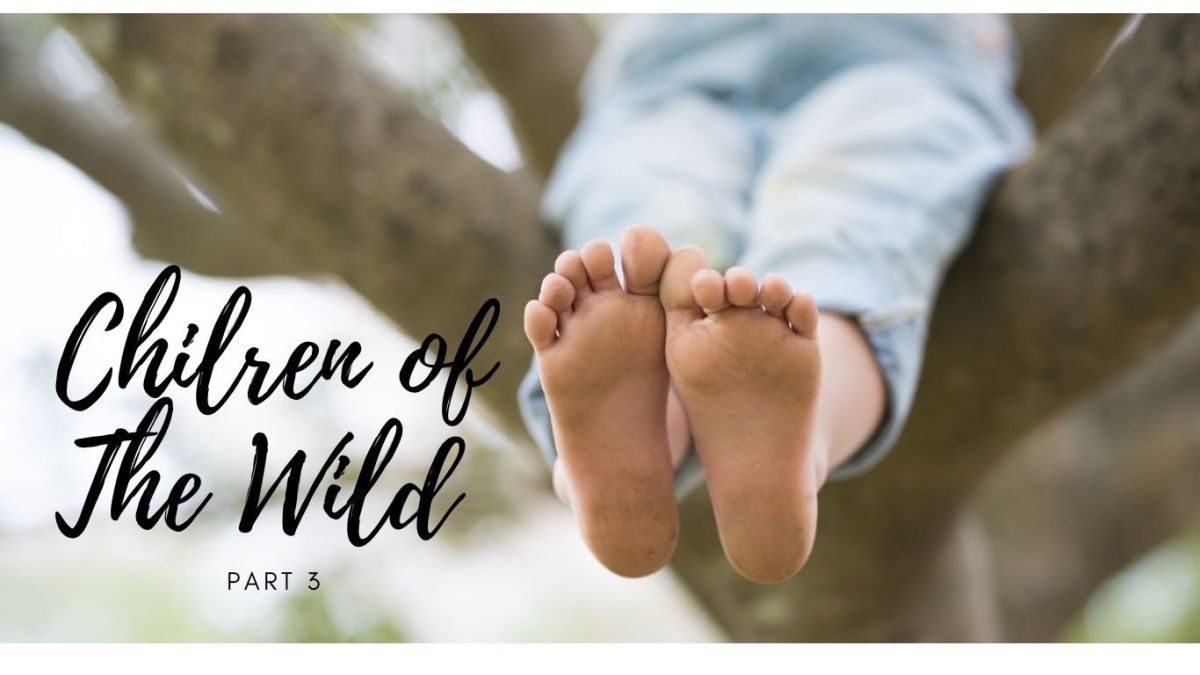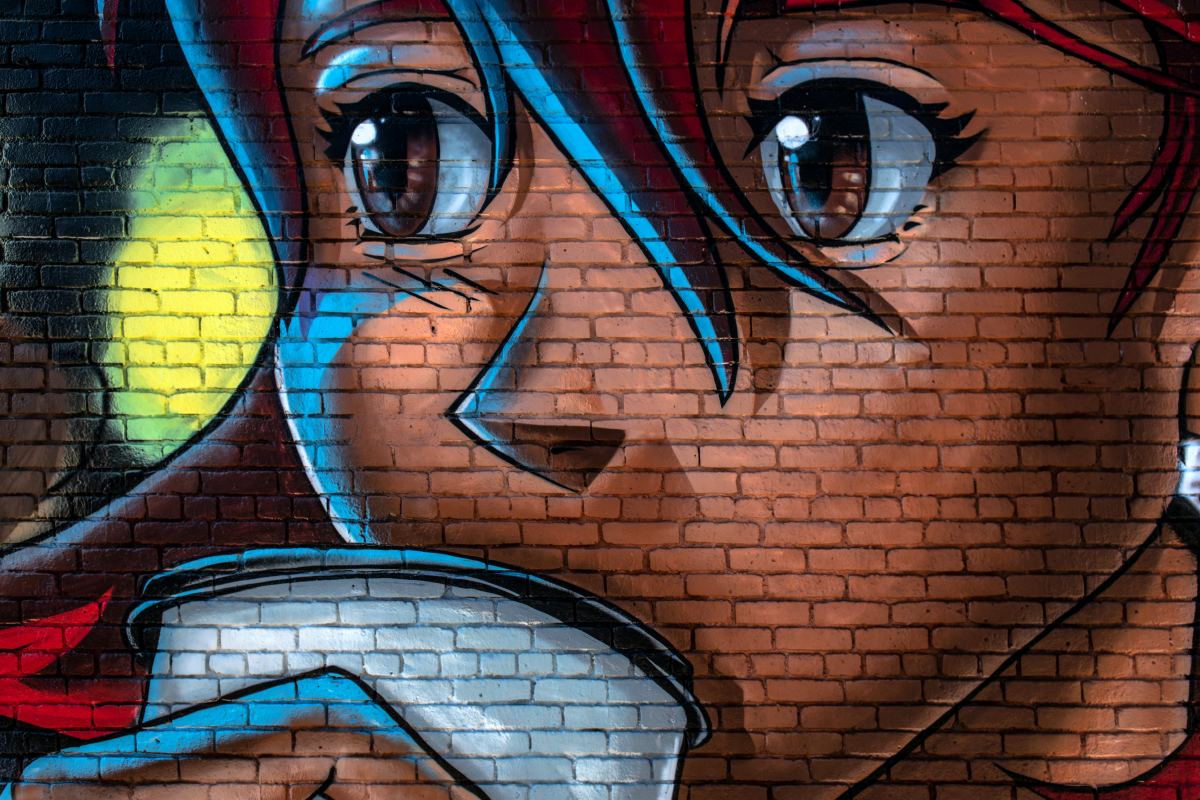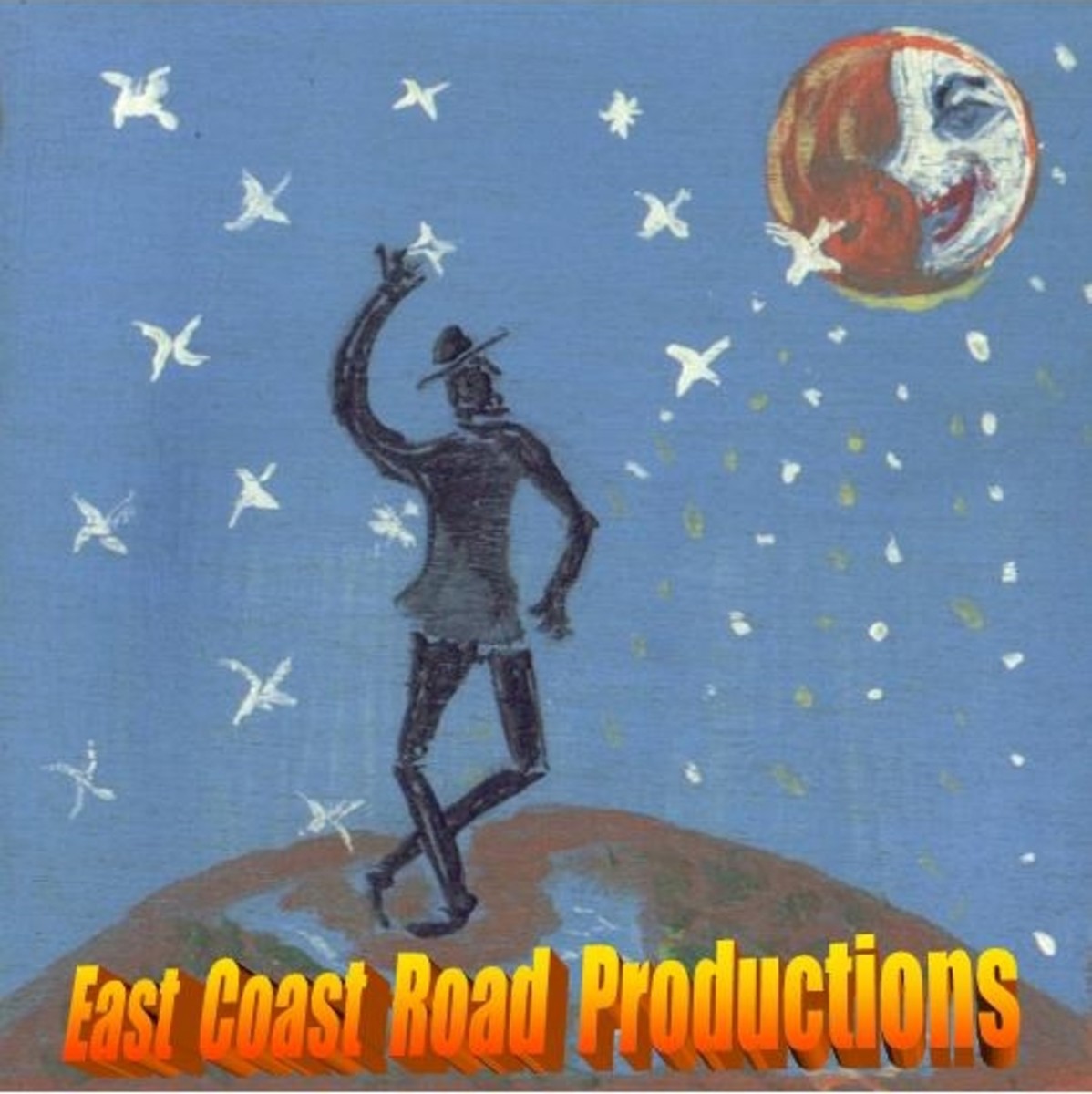- HubPages»
- Books, Literature, and Writing»
- Books & Novels»
- Nonfiction
Temple Grandin - Autistic Educator, Scientist and Inventor
Educator, Scientist and Inventor with Autism
Temple Grandin is an Educator, Scientist and Inventor with Autism whose life story is featured in the HBO film Temple Grandin, based on her autobiography. The film, which premiered February 6, 2010 and features Claire Danes as Temple Grandin,
was a project nine-years in the making for producer - and mother of an autistic son - Emily Gerson Saines. The movie won multiple Emmy Awards, including Best Actress, Best Supporting Actor, Best Supporting Actress and Best Director in a Mini-Series or Movie, as well as Best Movie Made for TV. Claire Danes saw tremendous response for her performance with additional wins for Best Actress from the Golden Globes, The Satellite Awards and The Screen Actors Guild!
The HBO movie tells the story of how Grandin overcame the odds to earn a Ph.D, write numerous books and to use the
features of her autism to revolutionize the treatment of livestock in
handling, veterinary procedures and slaughter.
Temple Grandin was born in Boston in 1947 and was diagnosed with autism in 1950. She did not begin to speak until the age of four and credits her parents' refusal to institutionalize her - as wall as strong support during her primary school years - for her future successes in life. As a teenager, she was a self-described "nerdy-kid" who suffered the abuse that many children experience when they don't fit in with the so-called "normal" kids. Grandin has stated that she can "laugh about it now, but back then it really hurt".
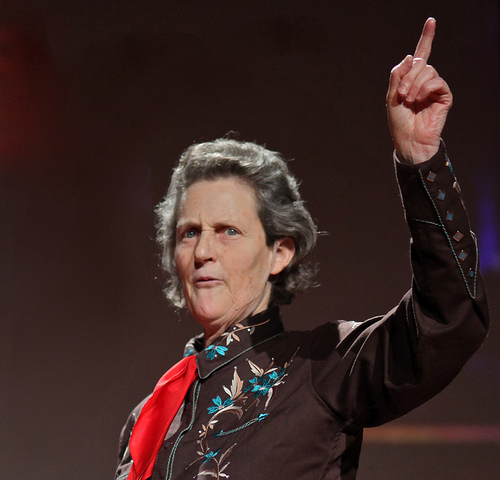
Buy "Temple Grandin" HBO Movie Online
Preview of the HBO movie
Thanks to supportive mentors, she was able to graduate from a boarding school for gifted youngsters and later go on to college in the 1960s. She received a B.A. in Psychology from Franklin Piece College in 1970, an M.S. in Animal Science from Arizona State University in 1975 and her Ph.D. in Animal Science from the University of Illinois at Urbana-Champaign in 1989. Today she is an active and vocal advocate for those diagnosed with Autism and Asperger's Syndrome, and for the humane treatment of livestock.
In her book Emergence: Labeled Autistic, Grandin wrote,
"I have read enough to know that there are still many parents, and yes, professionals too, who believe that 'once autistic, always autistic.' This dictum has meant sad and sorry lives for many children diagnosed, as I was in early life, as autistic. To these people, it is incomprehensible that the characteristics of autism can be modified and controlled. However, I feel strongly that I am living proof that they can".
She has also stated that, "If I could snap my fingers and become non-autistic I would not do so. Autism is part of who I am."
Temple Grandin speaking at the 2010 TED Conference
Grandin claims to think in an exclusively visual manner, as she described in a 2006 essay for the NPR series, This I Believe:
Because I have autism, I think in pictures and sounds. I don't have the ability to process abstract thought the way that you do. Here's how my brain works: It's like the search engine Google for images. If you say the word "love" to me, I'll surf the Internet inside my brain. Then, a series of images pops into my head. What I'll see, for example, is a picture of a mother horse with a foal, or I think of "Herbie the Lovebug," scenes from the movie Love Story or the Beatles song, "Love, love, love..."
In a 2009 interview on NPR's Fresh Air, Grandin told host Teri Gross that she "had to really understand how animals process information and how their senses compare to human senses because some things that would upset animals wouldn't upset us."
Because of the nature of her autism, she understood the anxiety of
being threatened by her surroundings and the fear of new and unusual
environments, and believed that animals' thought processes might be
similar to her own. She was able to use these insights, along with her
visualization skills, to design animal-handling equipment that
diminishes the stress and fear felt by livestock during handling and
slaughter to create a more humane process.
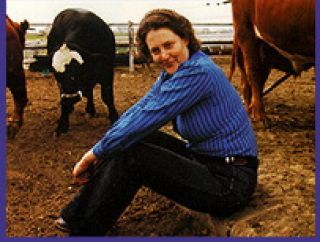

Grandin channeled the unique talents derived from her autism into designing improved methods
for the treatment and handling of farm animals, and her livestock-handling
equipment designs are now used in the processing of half the cattle in the North America. Her curved chutes and rail systems for moving cattle are used
worldwide to help reduce the stress and fear experienced by the animals
during handling.
In 2004, she even won a "Proggy"
award in the "Visionary" category from PETA, the People for The Ethical
Treatment of Animals, despite being a meat-eater and an advisor to the
American Meat Institute for the design of slaughterhouses. She has
said, "I think using animals for food is an ethical thing to do, but
we've got
to do it right. We've got to give those animals a decent life and we've
got to give them a painless death. We owe the animal respect."
The HBO Movie "Temple Grandin"
Animals and Autism Therapy in "The Horse Boy"
Temple Grandin at TED photo courtesy of http://www.flickr.com/photos/jurvetson/ / CC BY 2.0
Cattle chute photo courtesy http://www.grandin.com/design/design.html



